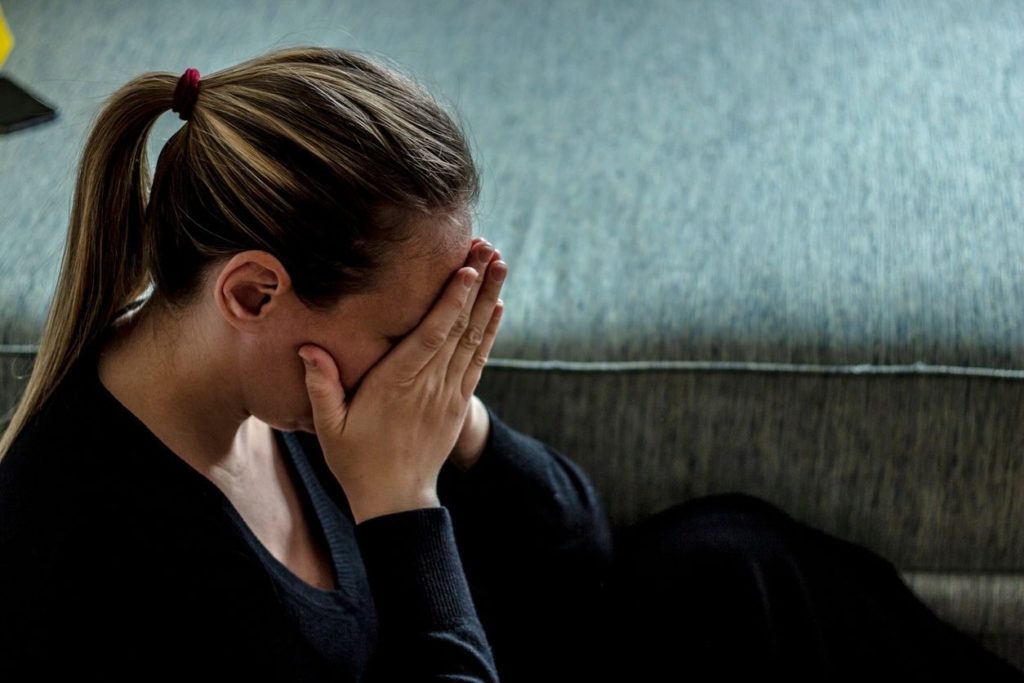Anxiety attack and breathing problem: what to do?
Caution : You must consult your doctor for your health. This page presents only a personal and alternative point of view which should not be considered as an attempt to prescribe medicine.
In some people, the combined stress and anxiety can lead to extreme reactions.
They disrupt the performance of daily activities.
In addition, panic attacks sometimes occur at unexpected times.

This is the case with people with breathing problems who may be experiencing anxiety attacks.
These stress attacks are manifested by generalized blockages or strong discomfort.
They can also lead to an increased heart rate.
Therefore, one should react appropriately to this state in order to avoid settling into a dangerous spiral.
How can an anxiety attack worsen a breathing problem?
A moment of intense anxiety can cause rapid breathing.
It can also make it very difficult, or even block it.
Its manifestation is usually dizziness or sweating.
It can also show up as a knot in the throat or tingling in the hands or feet.
Indeed, breathing problems are numerous, but most of their symptoms are aggravated by anxiety.
This prevents:
- relaxation in the breath;
- breath control;
- and unblocking of the airways.
As a result, the situation becomes more and more stressful and the breathing more difficult.
How to reduce the effects of an anxiety attack on a breathing problem?
In order to better control your inhalation and exhalation in the event of a panic, it is important to prepare beforehand.
To this end, several techniques allow you to relax.
They help reduce the impact of anxiety attacks.
Relaxation techniques
For example, some people use meditation.
Watching their breath allows them to be calmer and lessen the intensity of moments of distress.
Others use breathing exercises that relax muscles and be more relaxed.
In addition, other methods such as yoga, reading, music or walking are used to relax.
They all aim for better mental health.
This allows you to control your reactions during a stress attack.
The mechanisms of respiration
It is important to know the areas of the body responsible for breathing problems.
If the rib cage is involved, breathing tends to be rapid and short.
Thus, the job will be to switch breathing to the diaphragm level.
It helps to limit the incidence of anxiety attacks.
The stressed person will be better able to breathe slowly with their abdominal area.
This type of control allows:
- assimilate more oxygen in the event of a crisis to relax the mind and body;
- to regulate blood pressure;
- to decrease the rate of the heart;
- to relax the muscles;
- and control his thoughts.
The greatest number of anxiety attacks is due to mental health disorders.
It is therefore advisable to control his mind in order to calm down in a situation of anxiety.
Medication
Certain drug treatments promote the relief of anxiety attacks.
So seeing a doctor can help overcome breathing problems.
In addition, the drugs are effective in chronic anxiety disorders.
In another register, certain drinks such as herbal teas have soothing properties.
NOTE: before consulting a doctor for medication, I still suggest that you try all the alternative practices that are very effective against stress and anxiety.
Prevention
One method commonly used to prevent anxiety attacks is the thought journal.
Her outfit is to write down details of previous attacks.
They relate to sensations, triggers and manifestations.
To do this, the subject notes the context, symptoms and intensity.
Some apps make it easier to keep track of these items.
The objective is above all to entertain the mind on a subject other than its own anxiety.
How to react during the anxiety attack to improve your breathing?
When the anxiety attack arises, it is advisable to sit or lie down comfortably.
The subject concentrates on his breathing by inhaling slowly through his nose.
The goal is to only inflate the stomach and not move the rib cage.
Then, you have to release your stomach while exhaling through your nose.
By focusing on this repetition, it's easy to relax.
Consequently, the return to calm will take place gradually.
Mind control
The person prone to an anxiety attack must take care of the mind so that his breathing returns to normal.
He can think of calming things and observe his surroundings.
In addition, he can reassure himself, because he understands why his body reacts in this way.
Thus, the feeling of danger will gradually disappear.
If he cannot control his thoughts, he may resort to a stimulus.
For example, cold water can be dispensed to the face.
It is important to keep in mind that panic attacks are the body's natural reaction to danger.
But when there is no danger, this reaction is abnormal and it is possible to control it.
In addition, rest assured because they are not fatal, even if your heart is beating!
Therefore, attacks should be approached with calm and confidence.
The body's response can be brought under control by reversing the emergency response into a parasympathetic response through calm and relaxed breathing, which will allow relaxation and recovery.
❤ The ultimate guide to breathing
Intermittent Breathing : Discover the method to quickly relieve your anxiety and chronic fatigue (positive effects from the first use).Read also :
Previous article : Why do we breathe faster during an effort?
Next article : Heart tip and breathing problem: what solution?

